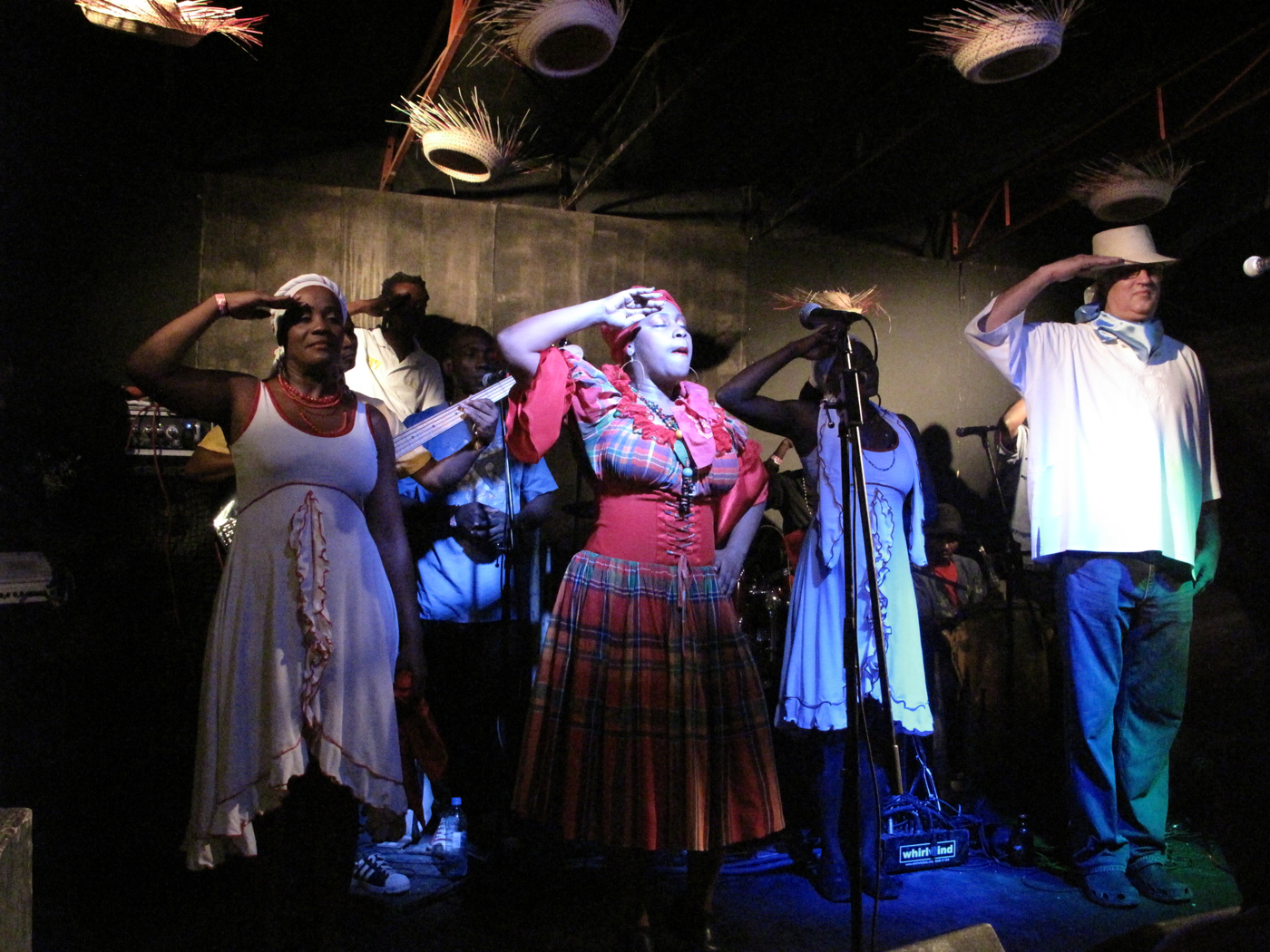The intersection of protest, freedom, and song presents a powerful tableau of human aspirations and struggles. Throughout history, music has served as an indelible part of the social fabric, weaving together narratives of resistance, hope, and liberation. The Baha’i teachings, which emphasize the oneness of humanity and the profound importance of justice and equality, elucidate the vital role that such songs can play in promoting a more harmonious global society. This article delves into the essence of protest and freedom songs across the globe, unveiling how they resonate with the Baha’i principles and inspire transformative change.
At the heart of Baha’i teachings is the understanding that all individuals possess an innate capacity for noble expression and creativity. This belief encourages artistic endeavors, where music becomes a potent medium to articulate societal grievances while simultaneously enkindling hope for a brighter future. Historically, protest songs have emerged from marginalized communities as a vocal instrument against oppression, and they have been pivotal during pivotal moments in history. From the anthems of the Civil Rights Movement in the United States to the revolutionary sounds that animated Latin America, music has functioned as a channel for collective consciousness and cultural identity.
Consider the pivotal works of artists such as Bob Marley and Joan Baez. Marley’s reggae rhythms conveyed messages of peace and unity amidst the turmoil of inequality in Jamaica, while Baez’s folk melodies became synonymous with the anti-war movement in the United States during the Vietnam War. Both artists emanated an ethos that resonates with Baha’i teachings: the necessity for unity in the face of division, and the imperative for justice as a fundamental right for all people. Their works exemplify how music can not only reflect the societal sentiments but could also galvanize audiences to take action towards freedom.
Protest songs are often born from a confluence of social tensions and a deep yearning for change. The Baha’i principle of the oneness of humanity serves as a beacon, guiding artists to transcend individualistic expression and instead embrace a collective narrative. These songs can act as both a mirror and a lens; they reflect societal injustices while simultaneously providing a framework through which listeners can envision a more equitable world. As beautifully articulated in Baha’i scripture, “The earth is but one country, and mankind its citizens,” underscoring the fact that the struggles for freedom and justice are shared across borders and cultures.
In many cultures, protest songs have taken on unique forms, illustrating diverse experiences of oppression and resilience. For instance, in South Africa, the music of the anti-apartheid movement was marked by anthems that combined traditional melodies with compelling lyrics that highlighted the struggle for freedom. Songs like “Nkosi Sikelel’ iAfrika” became rallying cries for justice and equality, highlighting how music can unify disparate groups under a common cause. This phenomenon mirrors Baha’i teachings by promoting inclusivity and strengthening bonds among different peoples.
The advent of technology and social media has further amplified the voice of protest music. In recent years, platforms like YouTube and Spotify have enabled the dissemination of protest songs at an unprecedented scale, ensuring that messages resonate far beyond local confines. This global access democratizes the influence of these songs, allowing individuals across the world to connect over shared experiences. Movements like Black Lives Matter or the global climate strikes have harnessed the power of protest music not only to communicate their demands but also to foster solidarity and connection among participants, aligning with Bahá’ı́ principles of collective action for a common good.
Moreover, protest songs often imbue listeners with a sense of agency. The act of engaging with these songs evokes a spectrum of emotions—from grief to courage, despair to hope. This emotional engagement is critical in the context of the Baha’i belief in the transformative potential of individuals contributing to social change. Music can inspire introspection, prompting listeners to examine their roles within society and consider the implications of their actions in the pursuit of justice. Therefore, it is not merely the content of these songs that matters, but the profound emotional and intellectual responses they evoke, which encourage personal and communal growth.
In the contemporary landscape, artists such as Hozier and Lin-Manuel Miranda continue to weave Baha’i principles into their works, creating contemporary anthems that urge society to reassess and confront lingering injustices. Hozier’s “Take Me to Church” serves as a poignant critique of institutional oppression, while Miranda’s “Hamilton” recontextualizes historical narratives to foster dialogue about race, equity, and justice. Both artists exemplify how modern protest songs can enact change by marrying historical context with contemporary struggles, embodying the essence of a collective journey towards freedom.
As we reflect on the tapestry of protest and freedom songs across the globe, we see the indelible link to Baha’i teachings—a call for unity, a plea for justice, and a celebration of humanity’s shared aspirations. While the mediums of expression might evolve, the essence remains constant: the pursuit of freedom is interwoven into the human experience, manifesting in melodies, harmonies, and rhythms that stir the heart and inspire collective action. Songs of protest are not merely art; they are callings that resonate with our deepest yearnings and empower us to envision a world where justice prevails and freedom reigns.
